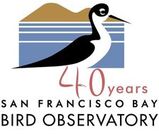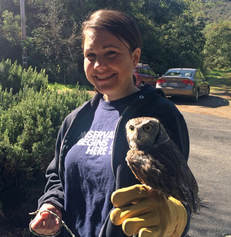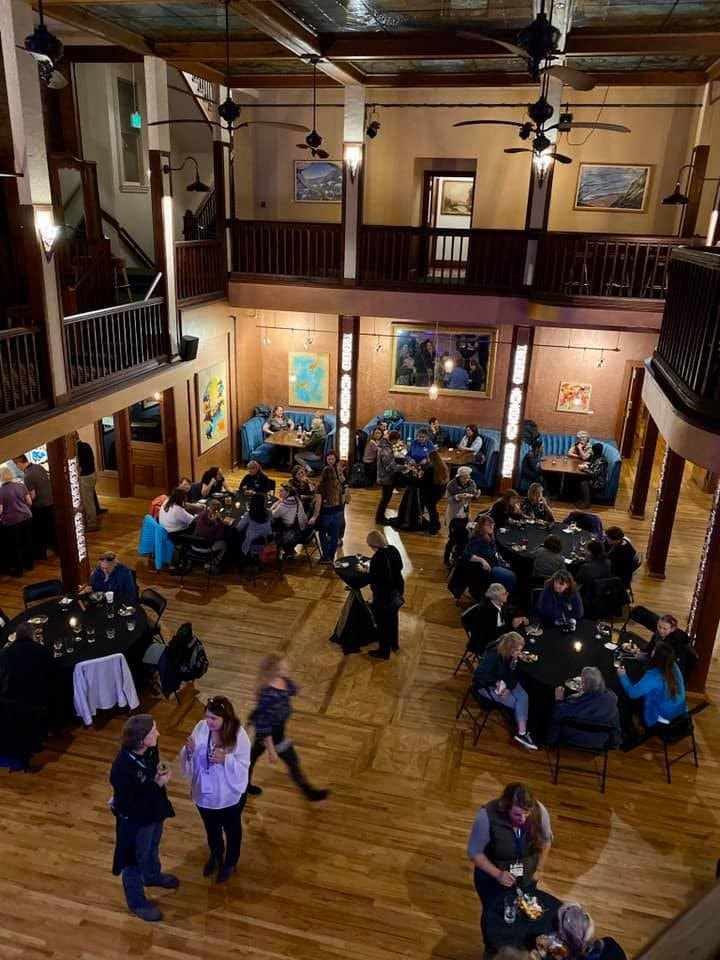|
By Guest Blogger Jackie Vargo
and oiled wildlife response, as well as receive oil spill response training. Needless to say, I was excited to be a part of this convention. The educational talks were set at a lovely conference center, and after breakfast, everyone sat to enjoy information related to oiled wildlife response, natural oil seeps, rehabilitation challenges and solutions throughout the world, and highlights about new organizations that have joined OWCN. Despite the sometimes emotionally heavy topics, most of the speakers donned frog hats because this year’s convention logo was the California red-legged frog. That evening, convention attendees had a chance to mingle with each other at a reception in downtown Eureka, where food was served and raffle tickets were drawn. The second day consisted of workshops, of which each person was only able to attend two. I decided to attend both the “Washing Oiled Birds” workshop and the “Washing Semi-Aquatic Mammals” workshop. While training and experience with the handling of birds and mammals would likely be imperative before cleaning them in oil spills, these workshops did not use live animals and mainly focused on cleaning off oil while keeping the health and safety of yourself and the animal in mind. Both workshops had students put on safety gloves, waterproof boots, a waterproof apron, and eye masks before even attempting to pick up the not-live animal we would clean.
Rather than clean an animal right away upon arrival to a clinic, we were taught it would improve chances of survival if we gave oiled animals 24 hours to de-stress. We also learned proper water temperatures for cleaning, proper techniques for monitoring the stress of the animals and the heartrate of an anesthetized mammal, and the best way to clean the animals’ heads without dunking them in the soapy water. We were also taught how to clean oil off of a feather (see photo above) utilizing pre-soaking techniques in addition to dish detergent, and how to properly rinse the animals to ensure there is no soap left before they are properly dried. I learned too many things to count during this convention! Jackie Vargo has volunteered as a citizen scientist in SFBBO's Colonial Waterbird, Snowy Plover, and Coyote Creek Field Station programs.
0 Comments
Your comment will be posted after it is approved.
Leave a Reply. |
WingbeatWingbeat is a blog where you can find the most recent stories about our science and outreach work. We'll also share guest posts from volunteers, donors, partners, and others in the avian science and conservation world. To be a guest writer, please contact [email protected]. Archives
July 2024
Categories
All
|
San Francisco Bay Bird Observatory ● 524 Valley Way, Milpitas, CA 95035 ● 408-946-6548 ● [email protected]





 RSS Feed
RSS Feed